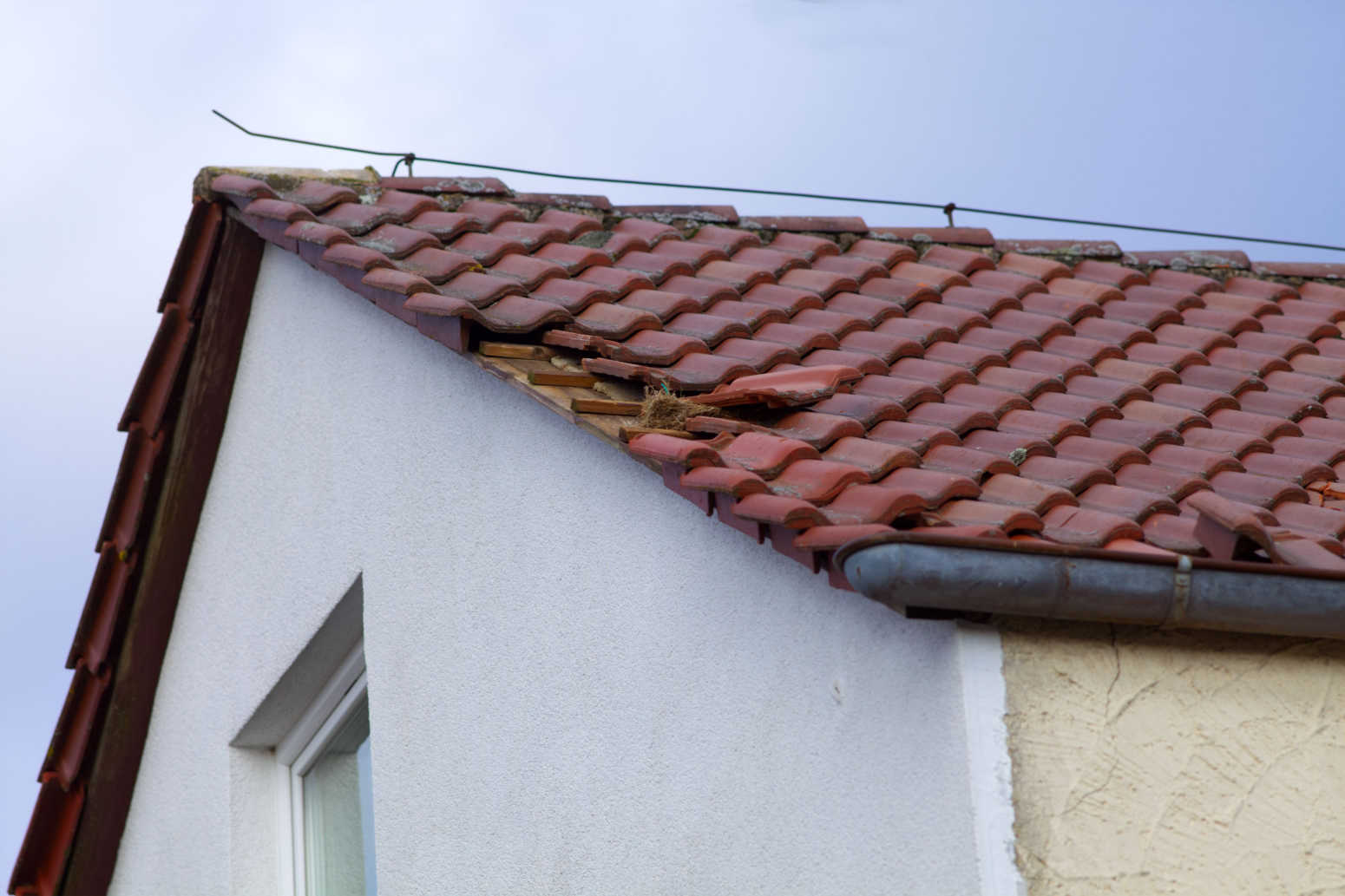Florida’s Third District Court docket of Attraction lately affirmed a abstract judgment entered in favor of a property insurer, holding that there isn’t a battle between the coverage’s three yr limitation for reporting hurricane claims and the requirement that the insured give immediate discover. In Navarro v. Residents Property Insurance coverage Company, No. 3D22-0032, 2023 WL 219032, — So.3d —- (Fla. 3d DCA Jan. 18, 2023), the insured sought protection for Hurricane Irma injury almost three years after the storm. The courtroom discovered that the coverage unambiguously required immediate discover, and that the insured didn’t rebut the presumption of prejudice in opposition to the insurer.
Background Info and Litigation Historical past
Residents issued a house owner’s insurance coverage coverage to Pedro Navarro that was in impact when Hurricane Irma allegedly struck Navarro’s house on September 10, 2017. The coverage offered that the insured should report any declare for windstorm or hurricane injury inside three years after the date of the windstorm, mirroring the then-requirements below the since-amended Part 627.70132, Florida Statutes. Nonetheless, the coverage individually imposed an obligation for the insured to offer “immediate discover” of the loss to the provider.
Navarro testified that he observed leaks all through his house the day after Hurricane Irma and tried to restore his roof on not less than two events. Nonetheless, he didn’t retain any paperwork associated to the repairs. Navarro reported the declare to Residents 31 months after Hurricane Irma. Citizen’s discipline adjuster inspected the property in Might 2020, and as a result of passage of time between Hurricane Irma and the inspection, the adjuster couldn’t decide if the injury at Navarro’s house was a results of a single prevalence or if any of the injury was a results of Hurricane Irma. Residents denied the declare primarily based on late discover.
The Policyholder Did not Rebut the Presumption of Prejudice
The trial courtroom granted abstract judgment for Residents. The Third DCA affirmed, holding that Navarro’s declare reporting was not well timed and that the coverage was unambiguous. The courtroom famous that Florida courts apply a two-step evaluation for figuring out whether or not a provider might deny a declare primarily based on late discover.
First, the insured should present well timed discover of the declare. The Court docket discovered that Navarro didn’t present immediate discover of the declare. He observed leaks and made repairs instantly after the hurricane, however didn’t report the declare to Residents till greater than 31 months after the hurricane. The courtroom held that below such circumstances, a “affordable and prudent” particular person would imagine that they’d have a declare for damages and may due to this fact have reported the injury to their provider.
Second, if discover was not immediate, the insurer is entitled to a rebuttable presumption of prejudice, which the insured should rebut with proof. The courtroom concluded that Navarro didn’t present proof ample to rebut the presumption of prejudice. Navarro didn’t retain any information associated to post-Hurricane repairs and solely submitted conclusory affidavits from his public adjuster and contractors in opposition to Citizen’s movement. As a result of Navarro didn’t rebut the presumption of prejudice, the courtroom held that Residents was property entitled to abstract judgment primarily based on late discover.
Additional, the Court docket held that the insurance coverage coverage was not ambiguous, because the “immediate discover” requirement and the three-year bar on reporting windstorm claims didn’t contradict one another. The courtroom defined that “[r]ead collectively, the clauses require the insured to file any hurricane-related declare inside three years of the storm, and, for viable claims, act swiftly upon discovering damages.”
Key Holdings
The deadline to report claims is neither a benchmark for nor nullification of the responsibility to provide immediate discover. As soon as the insured has data of a loss, it’s incumbent upon the insured to report the declare.
Over the previous yr, the Florida Legislature has twice amended Florida Statutes Part 627.70132, which units deadlines for discover of property insurance coverage claims. Previous to July 2021, Part 627.70132 utilized solely to windstorm claims reported below insurance policies issued by admitted carriers. In July 2021, it was amended to use to each admitted and surplus traces insurers, and to extra broadly set deadlines for reporting claims, reopened claims, and supplemental claims arising from any peril. The Florida Legislature lately amended Part 627.70132 once more to additional cut back the time for reporting claims, down to 1 yr for reporting a declare or reopened declare and 18 months for reporting a supplemental declare.
With these new statutory declare reporting deadlines in place, which can probably be mirrored in lots of insurance coverage insurance policies, we anticipate that some policyholders will argue that reporting a declare inside the statutory deadline is ample. Nonetheless, Navarro makes clear that reporting a declare inside the deadline is critical, however not ample. Whereas statutory reporting limitations set up the final date for an insured to report a declare, an insured should nonetheless act diligently and report claims with affordable dispatch after studying that their property has been broken. Failure to take action might end in a declare denial.
About The Authors
